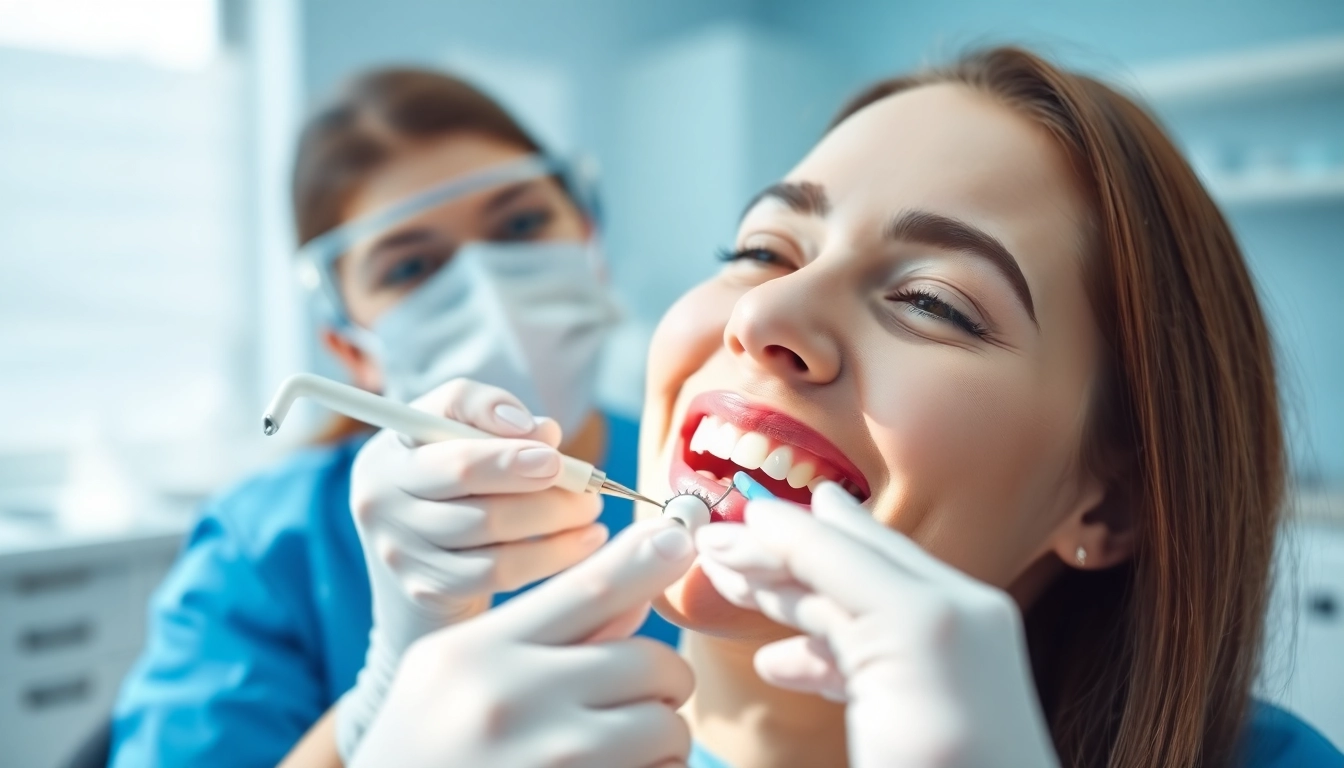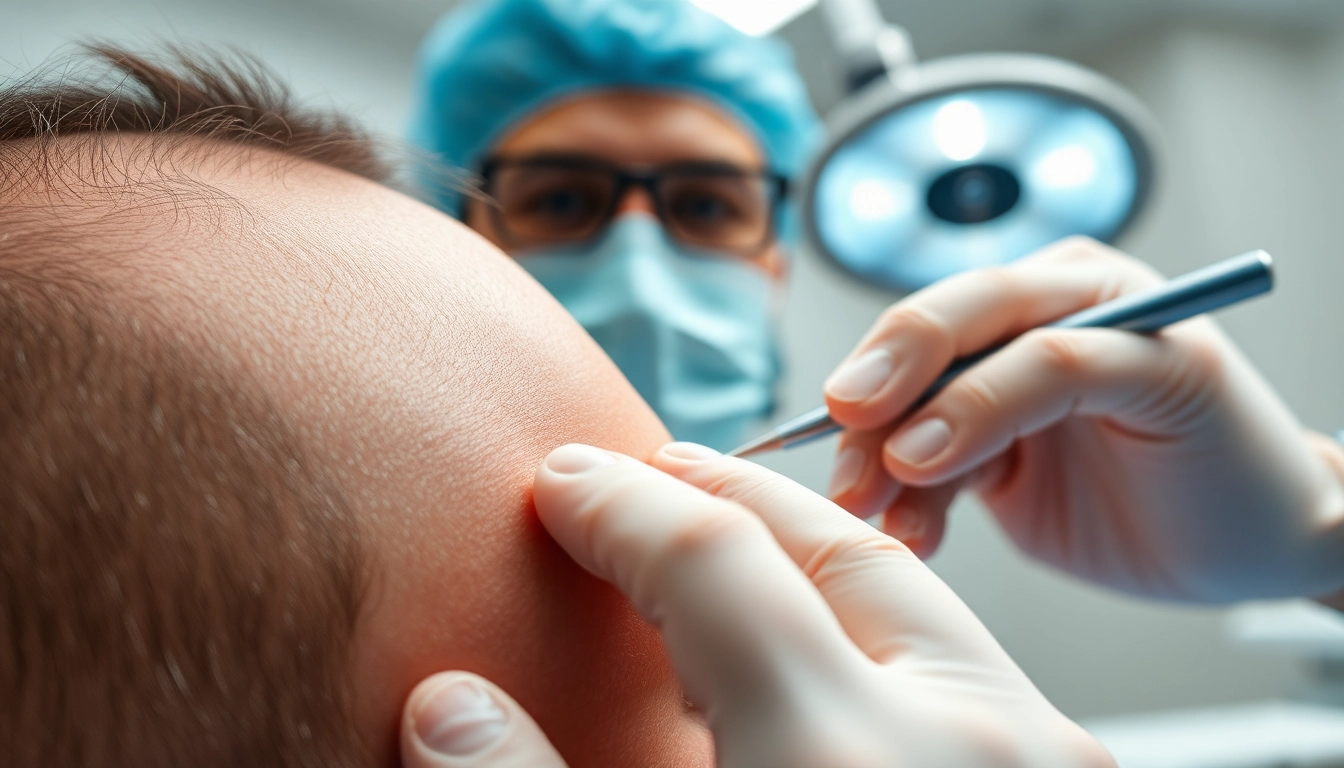What Are Dental Cleanings?
Definition and Importance of Dental Cleanings
Dental cleanings are essential preventive care procedures performed by dental professionals to maintain oral health. A typical dental cleaning involves the removal of plaque, tartar, and stains from the surfaces of the teeth, especially those hard-to-reach areas that regular brushing may not eliminate. Regular dental cleanings play a crucial role in preventing various dental issues, such as cavities, gum disease, and bad breath. By committing to routine cleanings, patients contribute proactively to their long-term oral hygiene and overall health.
The procedure is performed by dental hygienists or dentists who are trained to identify early signs of oral health problems. Through regular visits for dental cleanings, patients can avoid more invasive and costly treatments in the future.
The Process of a Typical Dental Cleaning
A standard dental cleaning typically follows a structured process:
- Initial Examination: The dental professional will first conduct a thorough examination of your mouth, looking for signs of cavities, gum disease, or other dental issues. X-rays may be taken to assess tooth health and bone structure.
- Plaque and Tartar Removal: Specialized tools such as scalers and ultrasonic instruments are used to remove plaque buildup from teeth surfaces, particularly along the gum line. This step is crucial as plaque, if left untreated, can harden into tartar, making it much more difficult to remove.
- Tooth Polishing: After plaque and tartar have been removed, the hygienist will polish your teeth using a gritty toothpaste to help remove stains and make your teeth feel smooth.
- Flossing: Expert flossing is performed to clean between your teeth and along the gum line, ensuring that any debris left from the cleaning process is removed.
- Dental Exam: In some cases, the dentist may perform additional checks after the cleaning to address any concerns identified during the initial examination.
Benefits of Regular Dental Cleanings
The benefits of maintaining a regular schedule for dental cleanings extend beyond just having a bright smile. Regular cleanings promote:
- Prevention of Gum Disease: Consistent removal of plaque and tartar helps prevent gingivitis and periodontitis, which can lead to tooth loss if untreated.
- Early Detection of Dental Problems: Routine visits allow dentists to spot potential issues early, making it easier and less expensive to treat them.
- Maintaining Fresh Breath: Removing the build-up of bacteria in the mouth helps to ensure fresher breath and improves overall confidence.
- Whiter Teeth: Professionally cleaned teeth can appear noticeably brighter than untreated teeth, contributing positively to one’s self-image.
- Improved Overall Health: Oral health is closely linked to overall health. Regular cleanings have been associated with decreased risks of heart disease and other systemic health issues.
Types of Dental Cleanings
Routine Cleanings
Routine dental cleanings, often referred to as prophylactic cleanings, are typically conducted every six months. These are designed for patients with healthy mouths who are at low risk of developing dental diseases. The focus is on maintaining good dental hygiene and preventing issues from occurring.
Deep Cleanings
For patients with periodontal disease or significant tartar buildup, a deep cleaning may be recommended. Also known as scaling and root planing, this type of cleaning involves cleaning below the gum line where bacteria can thrive. Deep cleanings help remove plaque and tartar, allowing the gums to heal and reattach to the teeth.
Periodic Maintenance Cleanings
Patients with a history of gum disease may require maintenance cleanings more frequently than the standard six months. These cleanings help monitor and manage the ongoing condition of gums and teeth, often every three to four months. Maintenance cleanings involve similar procedures as routine cleanings but may include more extensive removal of tartar and plaque.
What to Expect During a Dental Cleaning
Initial Consultation and Examination
At the beginning of your appointment, the dental hygienist or dentist will review your dental and medical history to understand your unique needs. This initial consultation is crucial for determining any potential risks and tailoring the cleaning process to your situation.
Tools and Techniques Used
Dentists and hygienists employ various tools during cleanings, including:
- Scaler: Used to scrape away plaque and tartar from the surfaces of the teeth.
- Ultrasonic Cleaner: Uses vibrations and water to dislodge plaque and tartar effectively.
- Polisher: A rubber tip used with polishing paste to smooth the teeth’ surface and reduce the risk of future plaque buildup.
- Dental Floss: Essential for cleaning between the teeth and along the gum line.
Post-Cleaning Care Instructions
After your cleaning, your dental professional will provide care instructions, which may include:
- Using fluoride toothpaste or mouth rinse to strengthen enamel.
- Recommendations on feeding habits and effective oral hygiene practices.
- Scheduling your next dental cleaning appointment to maintain good habits.
Frequency of Dental Cleanings
Recommended Schedule for Cleanings
The American Dental Association (ADA) recommends that individuals visit the dentist for a professional cleaning every six months. However, this schedule may vary based on individual needs and oral health status.
Factors Influencing Frequency
Several factors can influence how often you should have your teeth cleaned, including:
- Age: Children and teenagers may require more frequent cleanings as their teeth and jaws develop.
- Health Conditions: Patients with chronic health conditions such as diabetes may be advised to visit the dentist more often.
- Dental Hygiene: Individuals who practice excellent at-home dental hygiene may have less need for frequent professional cleanings.
- History of Dental Issues: Those with a history of gum disease or cavities may benefit from more frequent cleanings.
Signs You May Need Additional Cleanings
There are several signs that may indicate you need to schedule a dental cleaning sooner than your usual appointment, including:
- Increased plaque or tartar buildup between visits.
- Persistent bad breath despite good oral hygiene practices.
- Gum tenderness, bleeding, or swelling.
- Increased tooth sensitivity or pain.
- Changes in oral or overall health status, such as other health conditions affecting gums.
Addressing Common Concerns about Dental Cleanings
Do Dental Cleanings Hurt?
Many patients express concern about discomfort during dental cleanings. While some sensitivity may occur, most individuals find cleanings to be relatively painless. Modern techniques and anesthesia options help minimize discomfort.
If you have significant anxiety or have experienced pain during past cleanings, communicate with your dental professional about your concerns. They can provide options to help reduce discomfort and make your visit as pleasant as possible.
Myths and Misconceptions
There are several myths surrounding dental cleanings which can cause undue apprehension:
-
Myth: Dental cleanings are unnecessary if you brush and floss regularly.
Fact: Regular cleanings remove tartar that cannot be eliminated by regular home care. -
Myth: Cleanings weaken teeth.
Fact: Cleanings are integral to maintaining strong and healthy teeth. -
Myth: All cleanings cause pain.
Fact: While some sensitivity may occur, many patients find the process quite manageable.
How to Prepare for Your Appointment
To maximize the effectiveness of your dental cleaning, consider the following preparation tips:
- Bring a list of any medications and supplements currently taken, as they can affect your oral health.
- Inform the dentist or hygienist of any changes in your health or oral issues since your last visit.
- Brush and floss thoroughly before your appointment. While the hygienist will clean your teeth, arriving with your best effort can help improve the process.
- Avoid coffee, tea, or foods that stain teeth if you’re scheduled for a polishing treatment.


